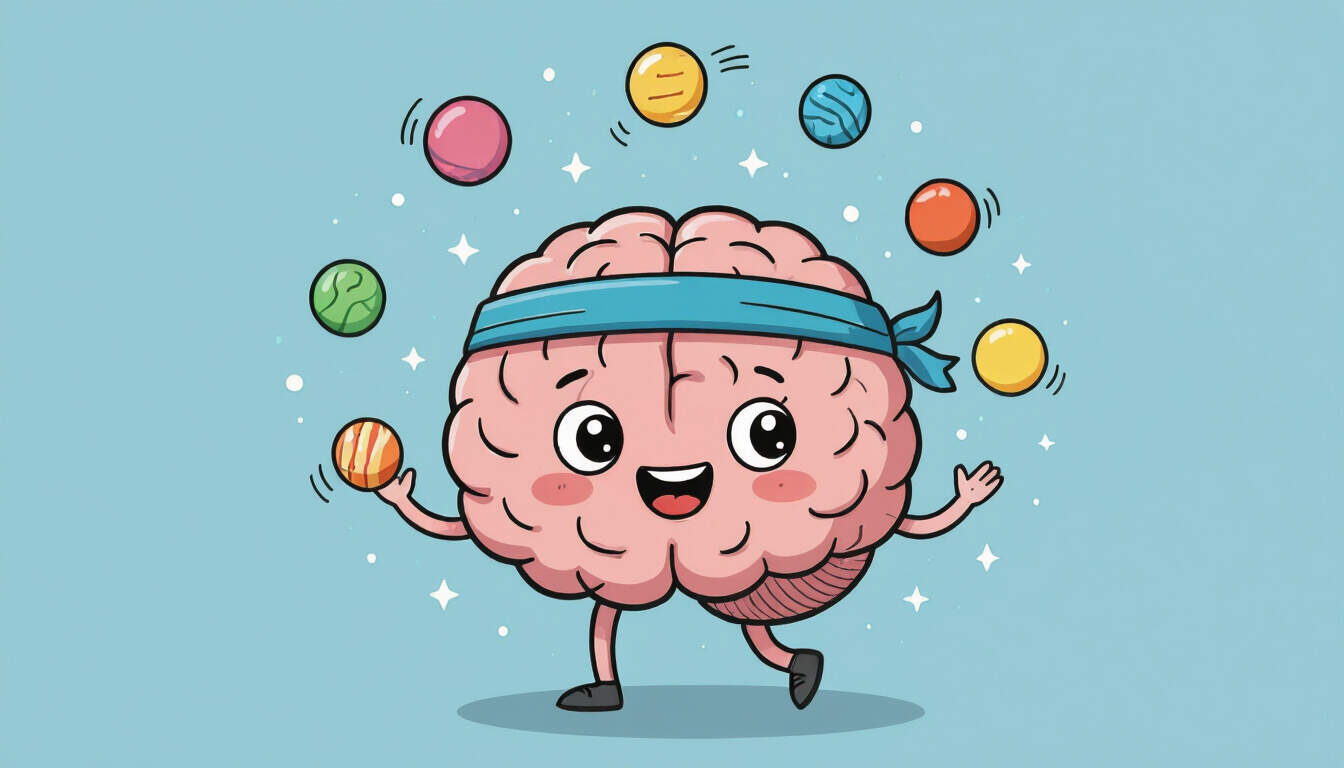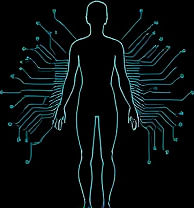The Neuroscience of Focus and Its Biohacking Applications
 by Shanie Goodwin
by Shanie Goodwin
Explore how brain science reveals the mechanics of focus and how biohacking tools like nootropics and wearables can sharpen mental clarity. This guide offers practical steps for improving concentration and overall cognitive performance through science-backed methods.

Focus is a vital cognitive function that allows individuals to achieve peak performance in daily tasks. In the context of biohacking, understanding this process opens doors to personal enhancement. The brain's ability to concentrate involves neural networks that coordinate attention and filter distractions.
One key aspect is the role of neurotransmitters. For instance, dopamine plays a part in sustaining attention during challenging activities. By examining these mechanisms, people interested in self-improvement can apply targeted strategies.
Nootropics offer a way to support cognitive health. These substances, often derived from natural sources, can influence brain chemistry to promote better concentration. For example, compounds like caffeine and L-theanine work together to extend focus periods without causing jitters.
In biohacking practices, wearable technology provides real-time data on mental states. Devices that monitor heart rate variability give insights into stress levels, which in turn affect focus. By using this information, users can adjust their routines to maintain optimal cognitive function.
How Nootropics Influence Brain Function
Nootropics have gained popularity among those seeking cognitive boosts. These supplements can enhance neurotransmitter activity, leading to improved mental endurance. A common example is bacopa monnieri, which supports memory and attention through its effects on synaptic transmission.
When incorporating nootropics into a routine, consistency is key. Starting with low doses helps in observing personal responses, ensuring safe experimentation. This approach allows for gradual improvements in focus without overwhelming the system.
The Role of Wearable Devices in Tracking Focus
Wearable technology has transformed how we approach health optimization. These gadgets, such as fitness trackers, measure physiological signals that indicate cognitive load. For instance, they can detect patterns in sleep quality, which directly impacts daytime concentration.
By analyzing data from wearables, individuals can identify triggers that disrupt focus and make informed adjustments. This method empowers users to create environments that foster sustained attention, turning everyday insights into actionable enhancements.
Integrating Daily Habits for Better Focus
Personal enhancement through habits involves simple yet effective changes. Regular exercise, for example, increases blood flow to the brain, aiding in sharper focus. Combined with proper nutrition, these habits build a foundation for long-term cognitive health.
Mindful practices like meditation can also train the brain to resist distractions. Over time, this builds resilience in neural pathways, making it easier to maintain concentration during demanding tasks.
In the pursuit of better focus, balancing work with rest is essential. Adequate sleep restores brain function, allowing for renewed attention the next day. By prioritizing these elements, individuals can achieve a state of enhanced productivity.
Practical Tips for Biohacking Focus
To implement biohacking techniques effectively, begin with a baseline assessment of your current focus levels. This might involve tracking daily performance metrics using apps or journals. Once established, introduce one new element, such as a nootropic supplement, and monitor the results.
Creating a distraction-free workspace is another step. This environment minimizes interruptions, letting neural processes operate efficiently. Over weeks, refine these strategies based on personal feedback, leading to noticeable improvements.
The intersection of neuroscience and biohacking offers endless possibilities for self-improvement. By leveraging tools and knowledge, anyone can refine their cognitive abilities and lead a more productive life.
In summary, exploring focus through a biohacking lens provides actionable insights. With dedication, these methods can lead to significant gains in mental clarity and overall well-being.
